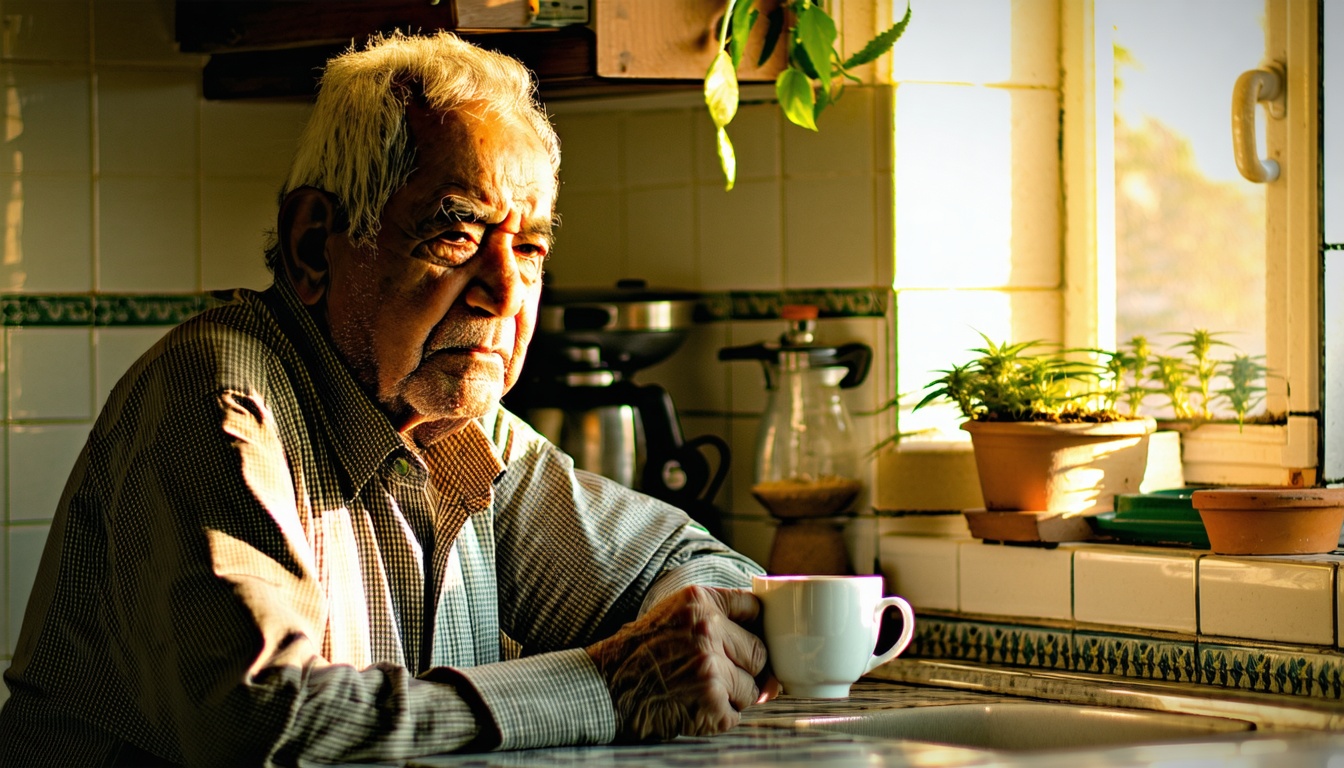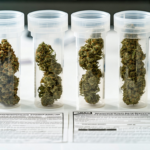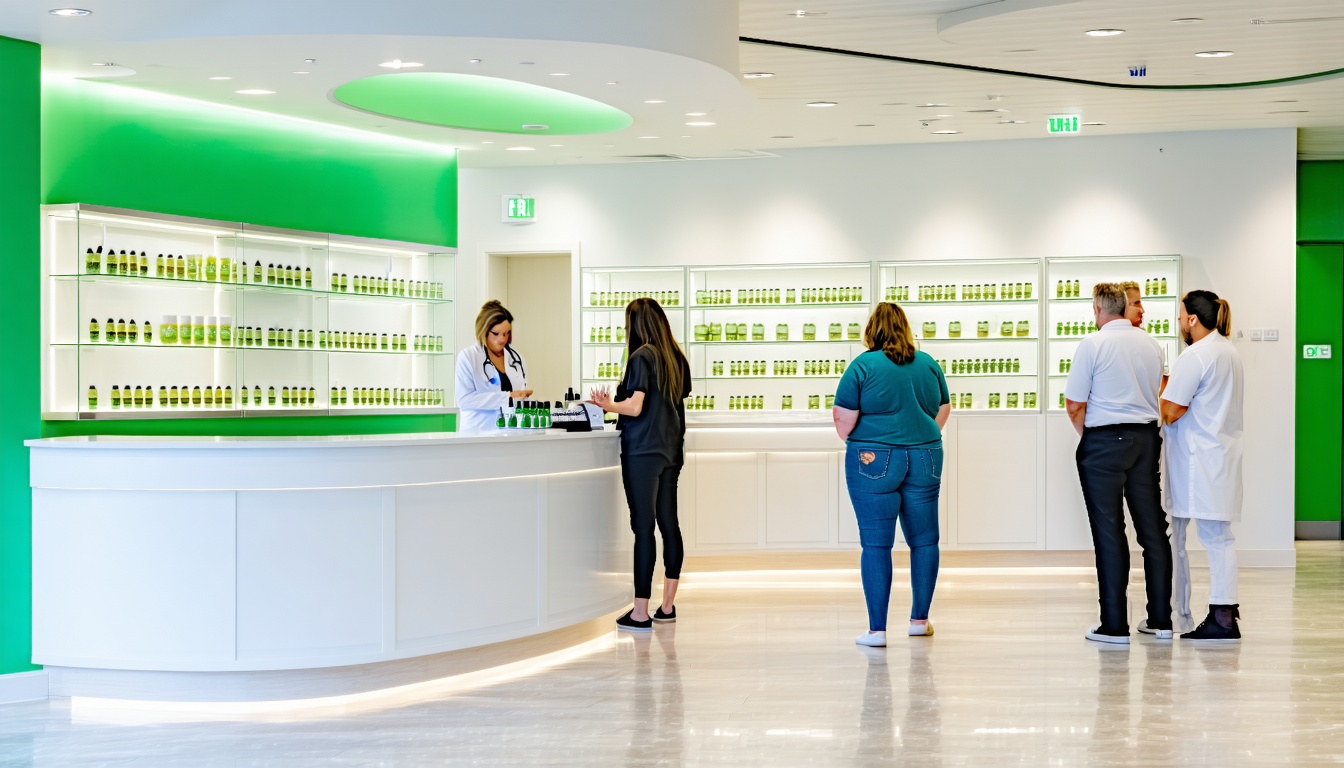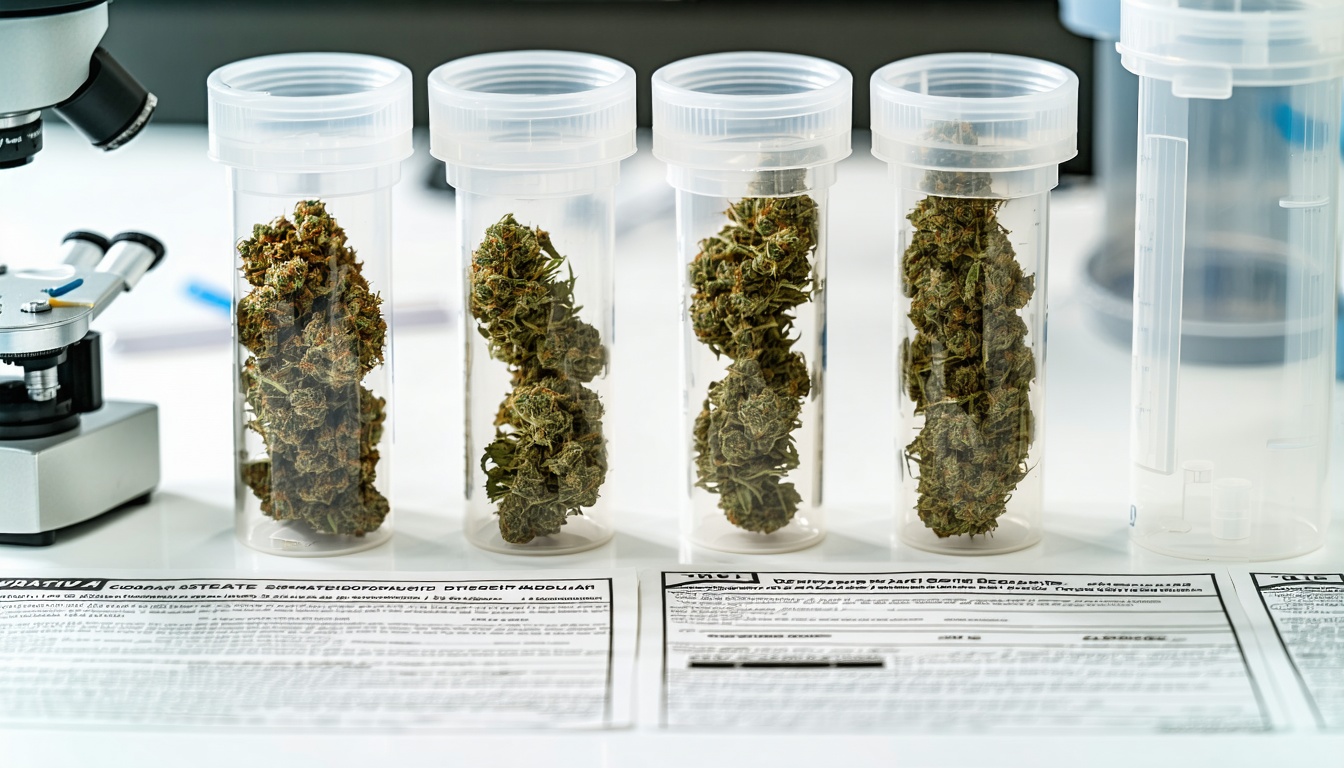As he sips his morning coffee, 75-year-old Miguel Laboy of Brookline, Massachusetts, reaches for his daily joint. Despite his desire to quit, he finds himself reaching for the same habit every morning. “I’d like to get up one day and not smoke,” he says, “but it’s hard to break the cycle.”
Laboy is not alone in his struggle. Since the legalization and commercialization of cannabis, daily use has become a common phenomenon. High-potency products, such as vapes and concentrates, have flooded the market, and doctors warn that these potent substances can blur the line between relief and dependence.
Across the country, people who initially turned to cannabis for relief are finding it increasingly difficult to stop. According to researchers, the rise in daily cannabis use has coincided with the proliferation of products containing extremely high levels of THC, the psychoactive compound in cannabis. In Massachusetts, where Laboy resides, there is no limit on the strength of these products.
The shift is significant, with daily cannabis use now surpassing daily drinking in the United States. While alcohol remains the more widely consumed substance, the trend indicates a major shift in American habits. As Laboy’s experience shows, breaking the cycle of daily cannabis use is a challenging task, but one that many are seeking to overcome.












